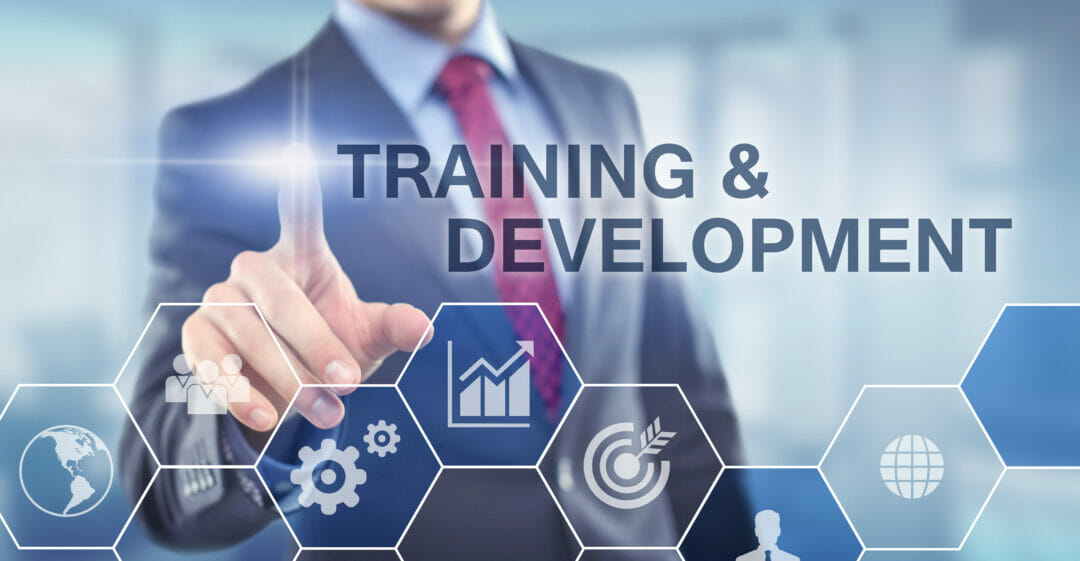Artificial intelligence is leaking into all sectors of the business world, from allowing banks to detect fraud more efficiently, to helping businesses achieve their emissions targets. Data and AI are not only revolutionising the way businesses function from a system level, but also at an HR level. Historically, training has been conducted in a “classroom” style environment: generic, broad and often ineffective. However, 91% of employees want training that is personalised and relevant. The world is headed towards not only a skills shortage, but a skills crisis. As digitalisation accelerates, the number of people who are trained to deal with such technological advancements are getting fewer. The external market for tech talent is thinning, and companies risk being left behind. The solution? Leverage AI to create personalised training and development programmes, individual to the needs of each employee.
How has AI changed the game?
Now more than ever organisations need to be adaptable. Businesses need to be investing in their greatest asset – their people. Without adequate training, employees won’t be able to keep up with the demands of their jobs, and ultimately, will put the success of the company at risk.
AI can help people more effectively upskill and reskill by creating hyper-personalised training programmes that are tailored to the individual employee. Platforms exists that are founded upon a complex skills ontology, delivering relevant, modern training to help employees prepare for the jobs of the future. The functionalities these days means that employees can create profiles detailing the skills they have and those they wish to acquire, and the system matches them to the appropriate training materials. This increase in personalisation and clarity will, in turn, increase employee morale, motivation and productivity. With the potential for career advancement clear, this type of technology encourages internal mobility, dissipating the notion that career development can only be achieved by changing company. Essentially, businesses will be able to train and retain the best talent.
Not only can AI facilitate growth and development internally, but it can also be used to streamline the hiring process. No longer do hundreds of profiles need to be scanned and sorted manually — instead, AI can filter through candidate profiles and match their skills to relevant job vacancies. Once the ideal candidate has been hired, onboarding, training, contact details and medical information can all be incorporated and stored in one place – particularly as the talent technology market becomes increasing consolidated and integrated. With the help of digital intervention, the hiring process will become far more efficient, enabling HR leaders to focus their attention towards internal development programmes.
Retraining in IT: how to get a start as a cloud developer
What would an AI-based development look like?
There are multiple types of technology platforms available to businesses, and it’s important for organisations to look for a solution that’s fully connected and intuitive and places people at the centre of the learning experience. The technology should take away the complexity, and constantly adapt according to the individuals needs and desires, to create a training and development experience that is hyper-personalised. Platforms like these allow employees to take an active role in their development, empowering them to pursue career goals in the context of both business and personal priorities. With each employee on their own career journey, the potential for business growth is astronomical. And when people are in control, they’re more resilient to change which is an important aspect as economies worldwide go through a growth spurt.
It is evident that AI is paving the way towards a new development revolution, and allowing employees to be the masters of their own careers not only benefits their own morale and esteem, but ultimately increases productivity and innovation across the business as a whole. The needs of people and the needs of the business are not different. Most leadership decisions factor in a people dimension, so enabling growth and success at an individual level will impact the trajectory of an organisation. AI, when used right, will play a key role in the reinvention and growth of many organisations in 2022.








